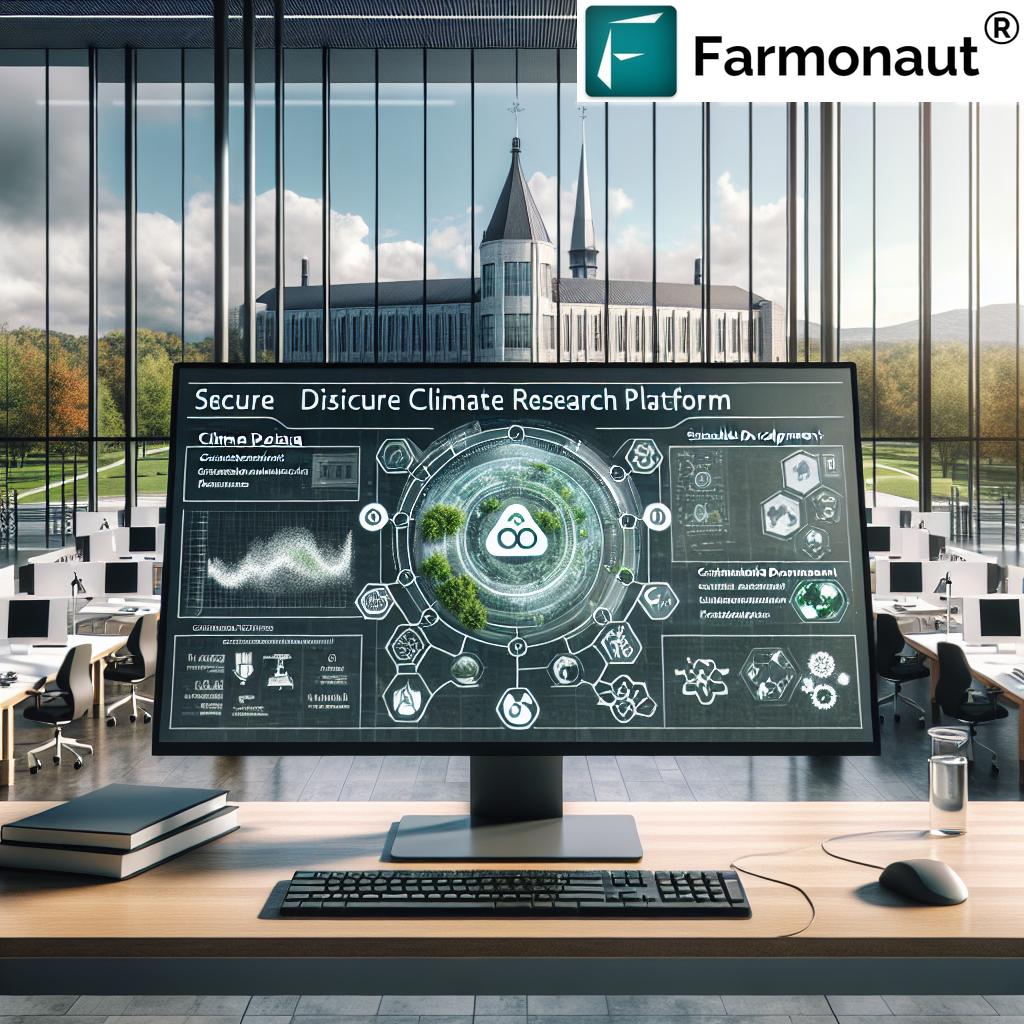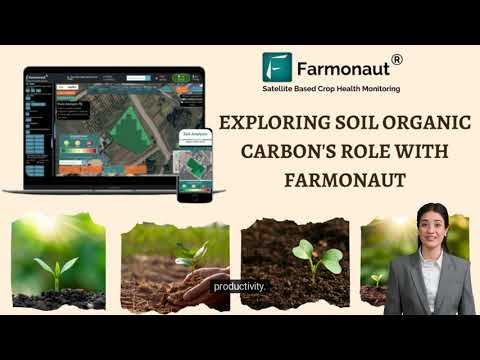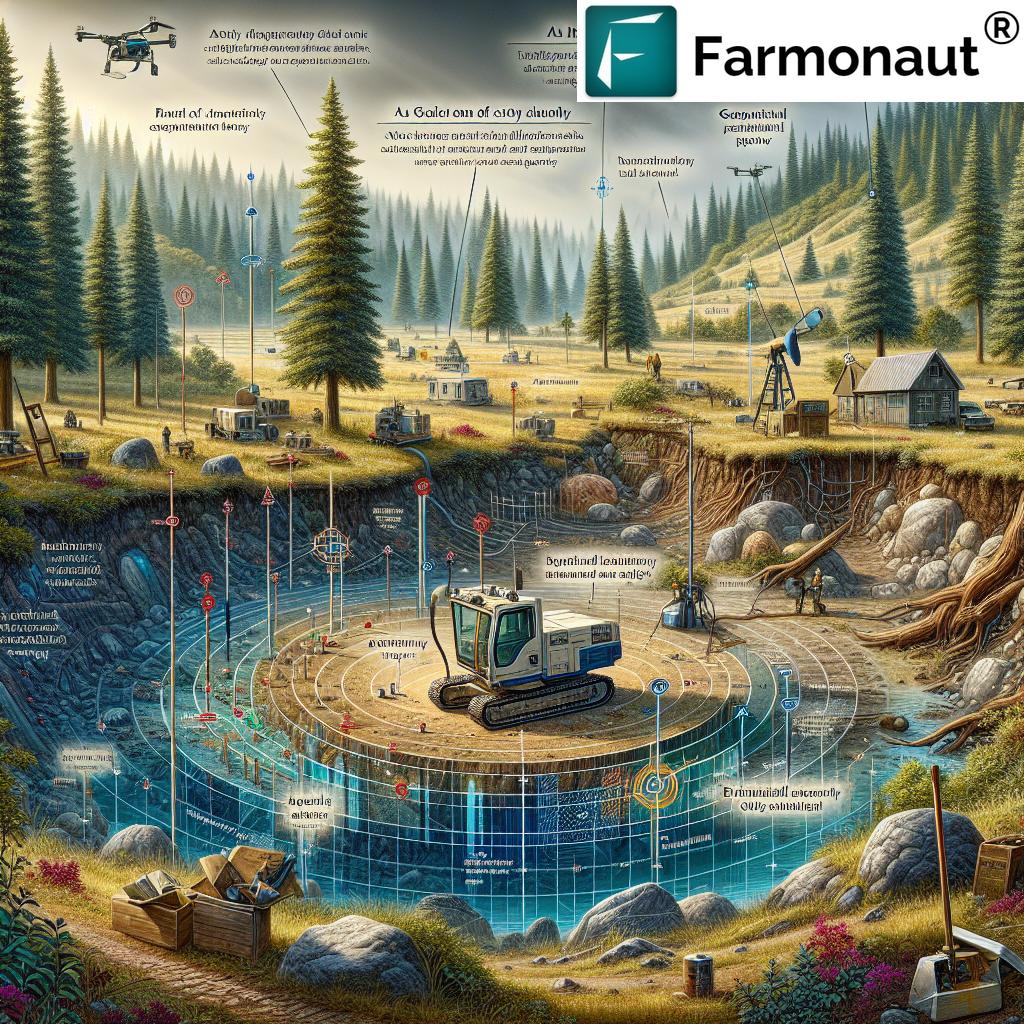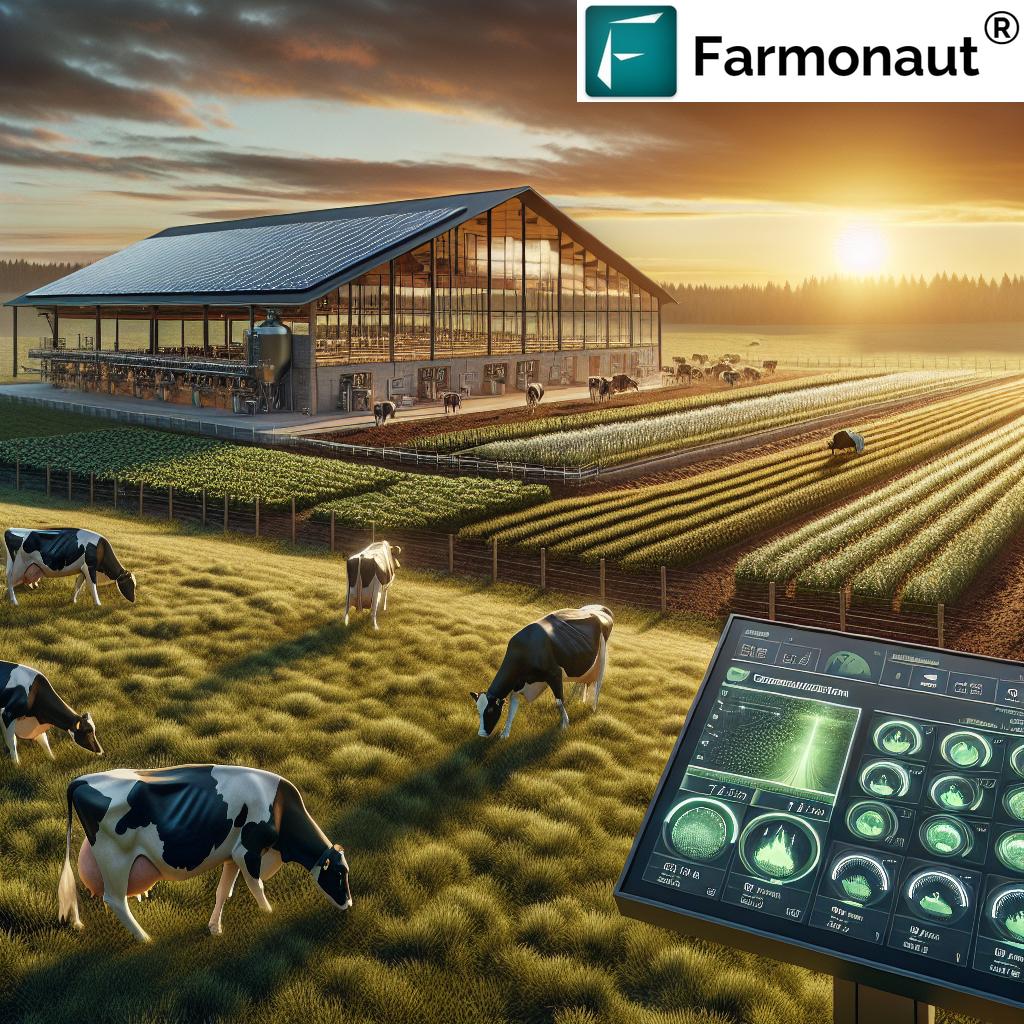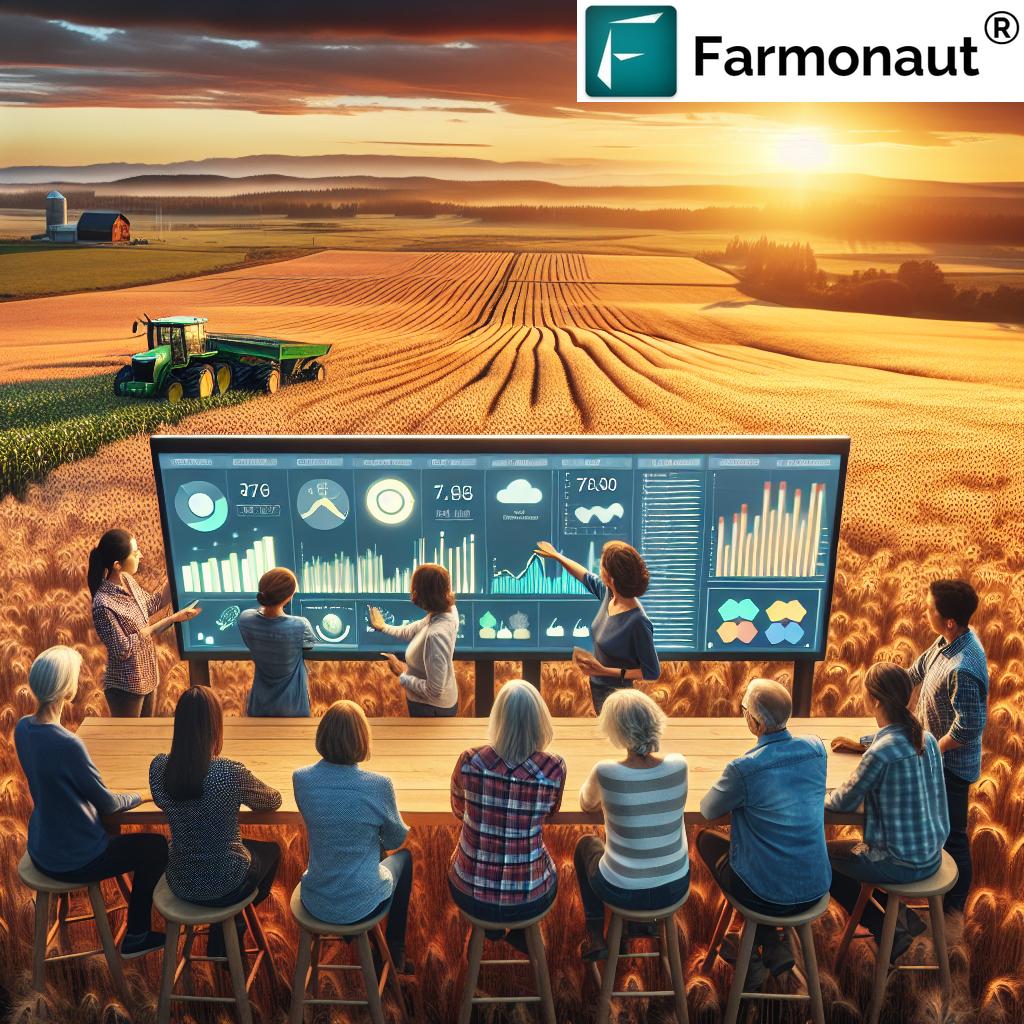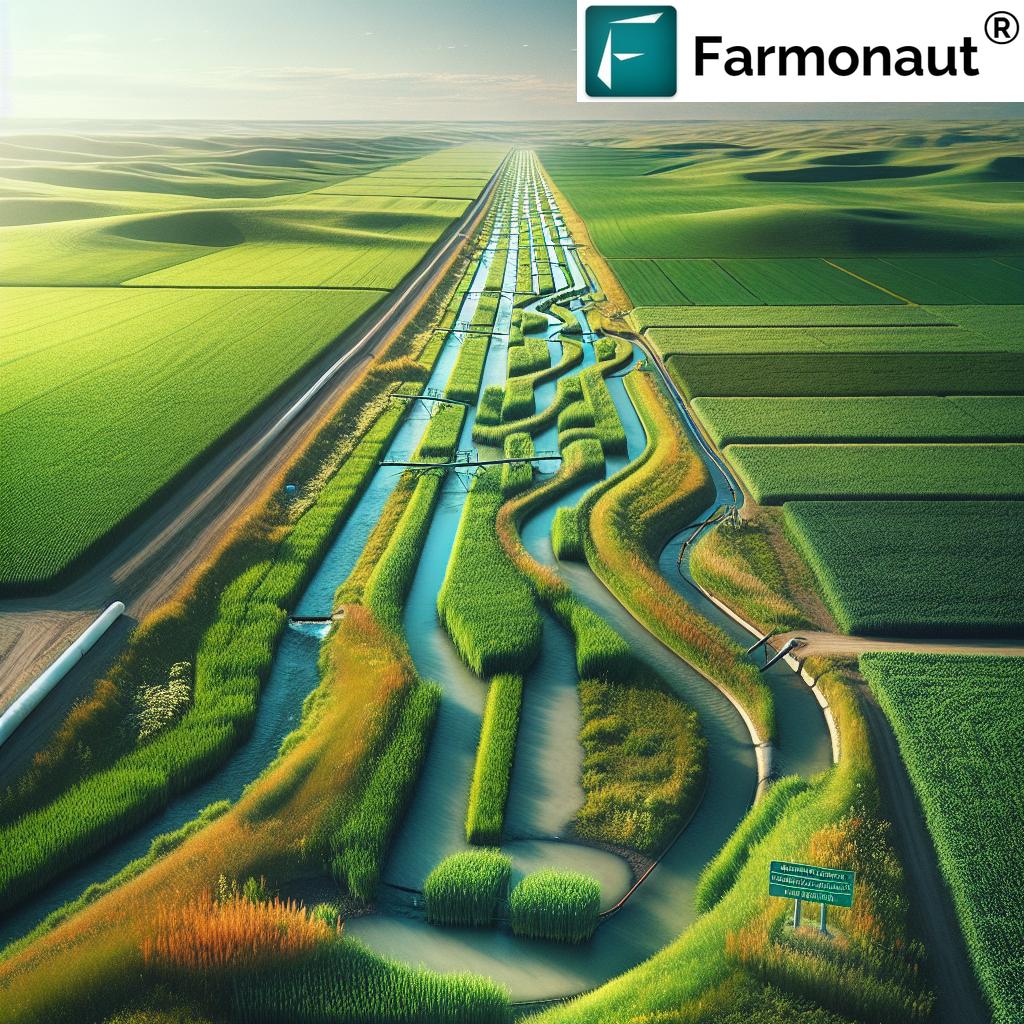Climate Research Platform: 7 Powerful Ways Montreal Safeguards Data
“Montreal’s climate research platform secures over 2 million scientific reports against data loss and censorship threats.”
Introduction: Montreal’s Climate Research Platform in a Time of Threat
In the ever-shifting arena of climate policy, research, and data accessibility, safeguarding climate science has never been more imperative. As the United States government faces waves of political shifts, the risk of data erasure, censorship, and budget cuts looms heavily over the international scientific community. In response, Montreal’s SUSANHub.com, launched by the determined minds at McGill University, emerges as a beacon—centralizing, securing, and democratizing climate research for experts and the global public.
As we collectively stand at the crossroads of environmental and technological change, the stakes for data integrity soar. Our mission? To proactively protect scientific data and foster open collaboration, particularly as climate science comes under threat from forces seeking to undermine evidence-based research. In this blog, we’ll guide you through the remarkable architecture, security design, and global significance of this climate research platform—detailing exactly how Montreal safeguards data, supports sustainable development, and sets new standards for research resilience.
Why Climate Research Platforms Matter
Countless reports published over the past few years chronicle the dangers of losing scientific data—especially when government censorship of science becomes a political tool. During the Trump administration, information about climate was stripped from over 200 government websites, with researchers facing layoffs, disciplinary actions, and funding eliminations. These threats not only undermine the integrity of environmental research but destabilize all efforts toward sustainable development.
Montreal’s climate research platform stands firmly in the gap, centralizing data that spans wildfires, protecting forests from insects and diseases, the impact of climate change on agriculture, flood risks, ocean pollution, and greenhouse gas emissions by industries. With a dynamic database, it enables the international scientific community to access, download, and upload vital datasets, reports, and research, ensuring that information at risk of being lost is preserved for future innovation and action.
- Centralizes: Making it easier for researchers across borders to collaborate, connect, and innovate.
- Protects: Advanced safeguards shield data from technological, legal, and political threats.
- Supports: Empowers sustainable development efforts with robust, categorized datasets and real-time access.
7 Powerful Ways Montreal’s Climate Research Platform Safeguards Data
Let’s delve into the heart of Montreal’s climate research platform and explore seven rigorously implemented safeguards that have set new standards in data protection, integrity, and sustainability:
1. Data Centralization and Categorization
At the core of SUSANHub.com is an intelligently built database that centralizes and categorizes thousands of climate and sustainability datasets across 65 themes related to sustainable development.
With its robust framework, it secures datasets that relate to critical issues like:
- Wildfires, forest protection, and disease management
- Climate change impacts on agriculture
- Flood risks and ocean plastic pollution
- Industries emitting the most greenhouse gases
The data—downloaded and uploaded weekly by researchers—enables proactive, not reactive, data management. By having easy access to scientific data and reducing silos, the platform minimizes the risk of datasets being lost or censored.
2. Advanced Encryption and Secure Access Protocols
Security is paramount when climate science comes under threat. All datasets stored on the platform are encrypted end-to-end, both during transfer and at rest. With stringent access controls, only authorized professionals, academics, and vetted contributors have upload rights, vastly reducing the surface for malicious access or sabotage.
3. Redundancy Backups and Geographic Replication
Montreal’s climate research platform maintains clustered backups spanning multiple geographic locations. Data is frequently replicated to guarantee that, even in the event of disaster or local regulations, no crucial environmental research can simply vanish. Backup protocols include both on-premise and cloud-based architectures, providing a fail-safe against both technical and policy-driven threats.
4. Open Access and Downloadable Data for Proactive Safeguarding
Unlike many national government websites, the Montreal platform invites weekly visits from thousands, permitting open, bulk downloads and uploads to combat data at risk of censorship. Academics, researchers, and institutes from across the international network routinely access and safeguard endangered information.
5. Robust Network Directory & Community Engagement
With a directory of 60,000 researchers and 25,000 research institutes, this environmental research network empowers users to connect with peers, share reports, and sustain international collaborations. As censorship and funding cuts rise, this network fortifies a resilient knowledge ecosystem that transcends borders, particularly benefiting the often-targeted American scientific community.
6. Automated Monitoring of Threatened Data Sources
The platform vigilantly monitors U.S. government websites and other sources for changes, deletions, or restrictions. When a research report or dataset is threatened with removal, the automated system flags and uploads it promptly, reducing response time and increasing overall data protection.
7. Thematic Classification for Sustainable Development Alignment
Each dataset is meticulously categorized by themes related to sustainable development. This not only enhances search and retrieval—fueling actionable sustainable development research—but also aligns every safeguard measure with specific Sustainable Development Goals (SDGs), such as Climate Action (SDG 13), Life on Land (SDG 15), and Partnerships for the Goals (SDG 17).
“Centralized climate data in Montreal supports sustainable development for more than 50 international environmental projects annually.”
Comparative Impact and Safeguard Measures Table
| Safeguard Measure | Description | Estimated Data Protected (%) | Example of Implementation | Relevant SDG |
|---|---|---|---|---|
| Data Centralization and Categorization | Centralizes all climate datasets into one accessible database, organized by 65 sustainability-relevant themes. | 95% | Climate datasets on wildfires, agriculture, and flood risks accessible via themed searches. | SDG 13, 15 |
| Advanced Encryption | All data transmitted and stored is protected with multi-layer encryption algorithms. | 100% | Secure upload/download via HTTPS and encrypted storage vaults. | SDG 9, 13 |
| Redundancy Backups & Geo Replication | Regularly backed up and replicated data across continents to counteract local failures or censorship. | 95% | Data mirrored in Canadian, European, and offshore data centers. | SDG 17 |
| Open Access & Community Uploads | Permits open downloads/uploads by validated researchers to ensure endangered reports are actively rescued. | 85% | Weekly uploads of U.S. government climate data threatened by policy changes. | SDG 16, 17 |
| Researcher & Institute Directory | Comprehensive directory fosters global cooperation and peer-to-peer support for data protection. | 80% | Network of 60,000 researchers able to share and download critical reports. | SDG 17 |
| Automated Threat Monitoring | Systems proactively monitor and auto-save at-risk data from official websites before removal. | 90% | Triggered upload of NOAA or EPA datasets as soon as deletions are detected. | SDG 13 |
| Thematic Classification & SDG Alignment | Each dataset tagged by relevant SDG and environmental theme for rapid policy & research response. | 100% | “Climate Action”, “Life on Land”, and “Oceans” tags simplify search & reporting on development goals. | SDG 13, 15, 17 |
Sustainable Development Research & the Platform Ecosystem
The SUSANHub.com platform, created by professors at McGill University in Montreal, now stands as an “international LinkedIn” for the sustainability and environment field. Our centralized climate change database receives over 39,000 weekly visits, signaling its critical role as a pillar of resilience for endangered American and international climate researchers.
- Directory of Researchers and Institutes: With 60,000 researchers and 25,000 institutes listed, the platform connects experts in real time to share knowledge and proactively respond to data threats.
- Comprehensive Dataset Themes: Covering wildfires, protecting forests, insects, diseases, agriculture risk, ocean plastics, and emissions—all categorized and instantly accessible for reference or download.
Each theme is aligned with at least one SDG, ensuring users who pursue sustainable development research can directly contribute to urgent policy implementations and progress reports. This ecosystem links professionals across industries, universities, and nations—making sure climate science survives and remains actionable.
Accessing Research Platform Features—Mobile & Web
Our cross-platform accessibility ensures that whether you are in the field, at the university, or in policy discussions, you always have real-time access to scientific data and network contacts.
Farmonaut: Empowering Sustainability with Advanced Technologies
As climate research platforms preserve and mobilize at-risk data, technology companies like Farmonaut are transforming actionable research into precision solutions for farmers, agribusinesses, and environmental professionals worldwide. Farmonaut’s own mission—making satellite-based, data-driven agriculture accessible and sustainable—deeply aligns with Montreal’s vision of protecting science and advancing sustainability.
How Farmonaut’s Platform Drives Sustainable Development Research
- Real-Time Crop Health Monitoring: Farmers and researchers gain daily access via our App to satellite insights on NDVI (vegetation), soil moisture, and stress factors—enabling direct responses to climate change impacts on agriculture.
- Blockchain-Based Traceability: Ensures transparent agricultural supply chains. Experience traceable supply chains for food, textiles, and more using Farmonaut’s traceability solution.
- Fleet and Resource Management: Optimize use of vehicles and machinery to reduce greenhouse gases and improve sustainability. Discover more about efficient fleet management tools.
- Carbon Footprinting: Track your farm or business’s carbon emissions in real time and evaluate steps to become more climate-positive with Farmonaut’s carbon footprinting.
- Access via Web, Mobile, and API: Integrate Farmonaut’s advanced monitoring and data into any workflow. Developers and tech institutions can utilize our public API and API developer docs for seamless integration.
Farmonaut supports a broad audience—from individual farmers looking to improve yields despite changing weather, to governments executing large-scale farm management and sustainability monitoring (learn more). We strongly believe that technology, coupled with preserved data and global access, is pivotal to maintaining the knowledge and tools required for resilient and sustainable agriculture.
Platform in Action: Images and Videos
Subscription Plans for Scaling Research and Sustainability
Recognizing the importance of affordable, scalable access to agricultural technology and research data, Farmonaut offers a flexible subscription model. Whether you are an individual researcher, institution, or policymaker, our pricing adapts to your scale and frequency of needs.
By joining our platform, you sustain the future of evidence-based science, collaborative sustainability, and actionable insight—accessible anytime, anywhere.
Try the Farmonaut App today to begin transforming agricultural and climate intelligence!
Frequently Asked Questions
What is the main objective of Montreal’s climate research platform?
Our objective is to centralize and protect scientific data at risk, facilitate sustained access for researchers, and promote open, collaborative sustainable development research amid global political threats.
How does the platform deal with government censorship of science?
Through proactive monitoring and automated data archiving, the platform rescues reports and datasets as soon as they’re at risk, ensuring continued access for the global scientific community—even when government websites remove information.
How can I access the climate change database for research?
Simply register on the SUSANHub.com platform using web, Android, or iOS applications. The system provides streamlined search, download, and upload features, with datasets categorized by themes related to sustainable development.
How can developers integrate Farmonaut’s data into their systems?
Developers and organizations can easily integrate satellite and weather data for climate monitoring and sustainable agriculture using the Farmonaut API and comprehensive developer documentation.
Which Farmonaut tools best support climate-focused sustainability?
- Carbon Footprinting: Track and reduce your farm or business emissions with Farmonaut Carbon Footprinting.
- Traceability: Ensure transparency with blockchain product traceability.
- Fleet Management: Improve operational sustainability via fleet and resource tools.
Does Farmonaut provide regulatory, input, or machinery services?
No, Farmonaut is not an online marketplace, manufacturer/seller of farm inputs or machineries, nor a regulatory body. We are a technology-driven platform focusing on satellite, AI, and blockchain-powered solutions for farm and environmental management.
Conclusion
As we’ve explored, the threats facing climate science—from government censorship, job cuts, and loss of access to scientific reports—are formidable but not insurmountable. Montreal’s climate research platform arises as the front shield for global data, protecting not just files or databases, but our very ability to adapt, innovate, and thrive on a changing planet.
By centralizing, categorizing, securing, and openly distributing climate and sustainability data, while aligning with the world’s Sustainable Development Goals, Montreal’s approach offers a transcendent model for international collaboration and resilience in the face of uncertainty.
At Farmonaut, we carry the same vision—empowering technology and data to support every stakeholder in the food and environmental value chain, driving actionable insights for a more sustainable future. Together, we champion proactive digital infrastructure, transparent access, and practical field-level tools so that climate intelligence shapes tomorrow’s world, no matter the political weather.
- Safeguard climate knowledge for generations—join the platform today
- Empower your research, policy, and sustainable agriculture with Farmonaut’s scalable solutions
- Drive your transition to climate-smart farming with carbon tracing and emission tracking
Together, we build an unbreakable bridge—connecting science, sustainability, and the future.





